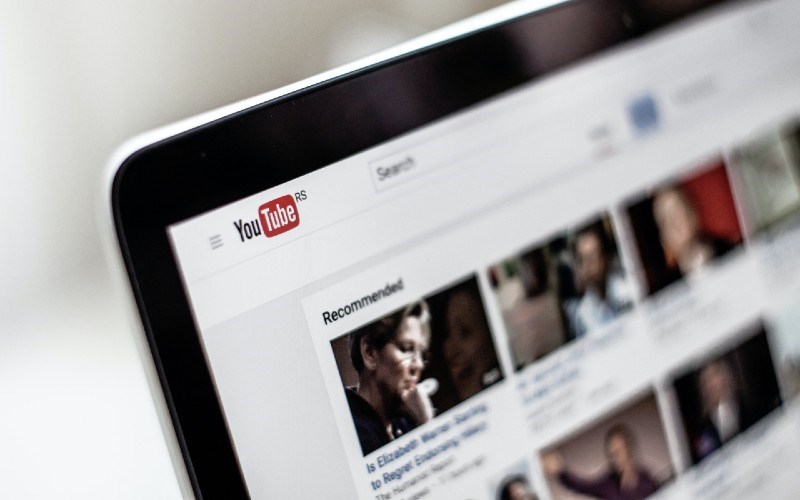In November 2015, Islamic terrorists carried out a series of attacks in Paris, most notably at the Bataclan theatre. In all, 130 people were killed, including 23-year-old Nohemi Gonzalez, an American student who was eating at a restaurant when it was targeted. Her family maintains that the terrorists were recruited on YouTube, and they want that platform held accountable for her untimely death.
Joseph Vazquez oversees Free Speech America's CensorTrack project, which involves documenting cases of Big Tech bias against conservatives and crafting censorship studies accordingly, at the Media Research Center (MRC). He says the Gonzalez lawsuit could settle whether Big Social is merely responsible for shared content as a platform or if it is accountable as a publisher.
"The U.S. Supreme Court, according to SCOTUSblog, has just granted writ of certiorari to a case called Gonzalez v. Google, in which the issue at hand is determining the scope of tech companies' immunity under Section 230 of the Communications Decency Act," Vazquez relays.

Section 230 reads, "No provider or user of an interactive computer service shall be treated as the publisher or speaker of any information provided by another information content provide." (47 U.S.C. § 230) It was intended to protect free expression on the internet by shielding internet companies from liability for much of the content their users post on their platforms.
Vazquez says companies like YouTube, Twitter, and Facebook have long hidden behind the code while being covertly political.
"There was reportedly active collusion going on between Big Tech and government," he notes. "This is (George) Orwell's Nineteen Eighty-Four (1984) being played out right in front of our eyes."
That is why his organization and other conservative groups have been asking the court to take a case like this for years.
"The fact that the Supreme Court now is taking up this case, now that it's calling into question their beloved Section 230, that's a huge development," Vazquez tells AFN. "It's the result of pushback from conservatives, from the Media Research Center, and from other people who are getting affected by this kind of censorship."
A current example of that: The Republican National Committee (RNC) says Google has been directing millions of its emails to users' spam folders. In a three-day period, Google reportedly "spammed" more than 22 million emails to the party's base. Some were fundraisers, some was information about key candidates, and about 358,000 were "get out the vote" messages, which are vital to the GOP's success.
Vazquez says all of the emails were important and cost money to send.
"This is how they communicate with voters," he notes. "If there's this bias that Big Tech is engaging in, of course this is going to hurt their ability to get a message across."
Meanwhile, the Democratic National Committee (DNC) has dealt with no such censorship. The Republicans, however, have noticed it happening at the end of each month, when inbox deliveries go from more than 90% to zero.
Vasquez recalls that before the midterms four years ago, an analyst named Dr. Robert Epstein claimed Google was tipping the scales in favor of the Democrats.
"He was warning even during the midterm elections back then that Google had the capacity of influencing and shifting millions of votes in the 2018 election," the MRC spokesman explains. "He estimated then that about 12 million votes could end up being shifted based on how Google plays around with Gmail."
When confronted with those claims at the time, Google promised to start a program that would ensure the company was unbiased.
"They said that they're going to continue to monitor feedback as the pilot rolls out to ensure it's meeting its goals," Vazquez relays.
Personally, he never believed that.







